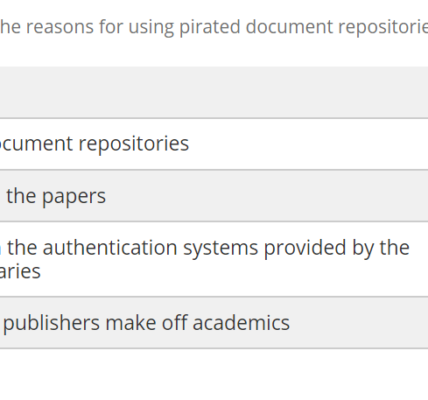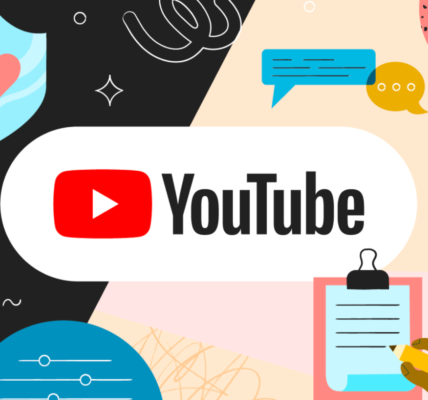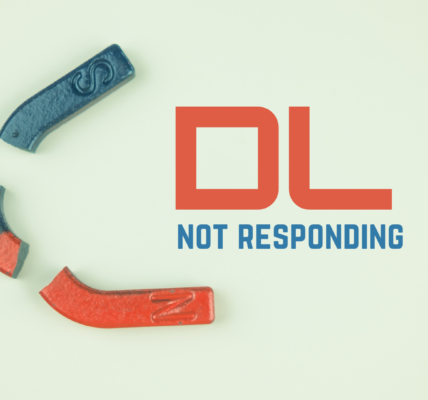Amazon’s Fire TV Stick: The Unexpected Piracy Controversy
Amazon’s Fire TV Stick quickly became a household staple thanks to its aggressive pricing, making it one of the most widely used streaming devices worldwide. By lowering the barrier to entry, Amazon aimed to profit from subsequent premium content sales. However, nearly two decades after Jeff Bezos emphasized the importance of branding to combat copycats, one of Amazon’s most recognized brands found itself embroiled in controversy. In 2023, Fire TV Stick was at the center of a debate that would drag on for the next 18 months.
Football, Broadcasting Rights, and the Piracy Crisis
For fans, football is about 90 minutes of pure focus, an escape into the game. Yet, from an industry perspective, professional football is entangled in financial challenges, particularly concerning broadcasting rights. At the Financial Times’ Business of Football Summit, DAZN’s head of global rights, Tom Burrows, described the state of sports broadcasting as being on the brink of a crisis.
DAZN, having invested billions in TV rights, faces a staggering £8.7 billion deficit. With escalating costs trickling down from rightsholders to broadcasters and ultimately to fans, many loyal supporters are priced out of top-tier football. While clubs continue to report losses, the industry sees online piracy as a primary culprit.
The Real Causes of Piracy
Piracy is a persistent issue, but the reasons behind it are rarely scrutinized. Fans repeatedly cite high subscription costs, blackout restrictions, and lack of accessibility as key motivations for seeking pirated content.
Authorities continue to stress that piracy is illegal, advocating for public awareness campaigns to deter potential offenders. In Italy, these campaigns are mandated by law, but their effectiveness is questionable. Even the most compelling awareness drive is unlikely to create lasting change through a handful of short videos.
In the UK, the situation is reportedly less severe than in Spain, Italy, France, and Germany. However, Sky Group COO Nick Herm still describes a “never-ending battle,” estimating that piracy costs the company “hundreds of millions of dollars” annually.
How Broadcast Restrictions Fuel Piracy
One major piracy driver in the UK is the long-standing ‘3pm blackout,’ preventing fans from watching Premier League matches live. Meanwhile, fans in Canada and other countries enjoy access to all Premier League games at significantly lower prices. The disparity in access and pricing leads many UK fans to seek alternative, unauthorized options.
By restricting access to in-demand content, leagues and broadcasters inadvertently create a market for pirated streams. The demand fuels illegal supply, and some individuals have even faced prison sentences for selling illegal IPTV packages.
Fire TV Stick: From Streaming Hero to Piracy Villain
Amazon’s Fire TV Stick, introduced in 2014, was celebrated as an affordable way to convert standard TVs into smart streaming hubs. It allowed users to access legal services like Prime Video, Netflix, and Spotify. However, due to its affordability, reliability, and flexibility, it also became a favorite tool for accessing pirated content.
Despite Amazon’s limited Premier League broadcasting rights, UK tabloids began associating Fire TV Stick with illegal streaming. This led to a wave of negative press, branding the device as a piracy enabler despite its entirely legal nature.
Rightsholders’ Demands and Amazon’s Response
Sky and other rightsholders have urged Amazon to implement measures restricting Fire TV Stick’s functionality, including:
- Disabling sideloading of third-party apps
- Imposing restrictions on software from outside Amazon’s ecosystem
- Limiting bulk purchases of Fire TV Stick devices
Amazon has resisted these requests, arguing that sideloading is a legitimate function that enhances the user experience. Blocking this feature would not only be ineffective—since users could easily find workarounds—but could also hinder legitimate use of third-party apps.
Piracy and Perceptions: The Branding Dilemma
Nick Herm labeled ‘jailbroken Fire Sticks’ as the UK’s number one piracy threat, arguing that consumers mistakenly believe the device is safe simply because it carries Amazon’s branding. “People think that because it’s a legitimate brand, it must be OK,” Herm said. He further criticized Amazon for not engaging enough with rightsholders to combat piracy.
The situation has escalated to the point where some football fans have even printed t-shirts featuring the Fire TV Stick logo as a form of protest or humor. Meanwhile, Sky, a major Premier League broadcaster, sells official team shirts for prices exceeding €90—a stark contrast to the availability of cheap pirated streaming services.
The Impact of Anti-Piracy Campaigns
In response to growing piracy concerns, the BeStreamWise anti-piracy campaign launched in September 2023, involving Sky, Premier League, BBC, ITV, and DAZN. However, the campaign’s messaging focused on vague threats of malware rather than practical guidance on avoiding unsafe apps.
While data on the campaign’s success remains unclear, trends in online searches suggest mixed outcomes. When interest in “firesticks” spikes, searches for “malware” tend to drop, indicating that warnings may not be resonating with the audience in the intended way.
Uncovering the True Risks of Pirate Apps
Independent investigations into pirate streaming apps have revealed troubling security risks, including:
- Ads from unverified sources, potentially exposing users to scams
- Exploits allowing unauthorized access to devices
- Broad permissions that could enable surveillance via cameras and microphones
Despite these dangers, many users remain unaware, as anti-piracy campaigns often lack detailed, verifiable information about these risks.
Conclusion: A Complex Battle with No Clear Winner
As debates over piracy and access to content continue, the industry faces a dilemma. Rightsholders want stricter controls, while tech companies prioritize user freedom. Meanwhile, high costs and restrictive policies continue pushing fans toward illegal alternatives.
Until the industry addresses the root causes of piracy—pricing, accessibility, and content availability—no awareness campaign or legal action will fully eliminate it. The battle over Fire TV Stick is just one chapter in a much larger story, one that will continue to shape the future of digital content consumption.







